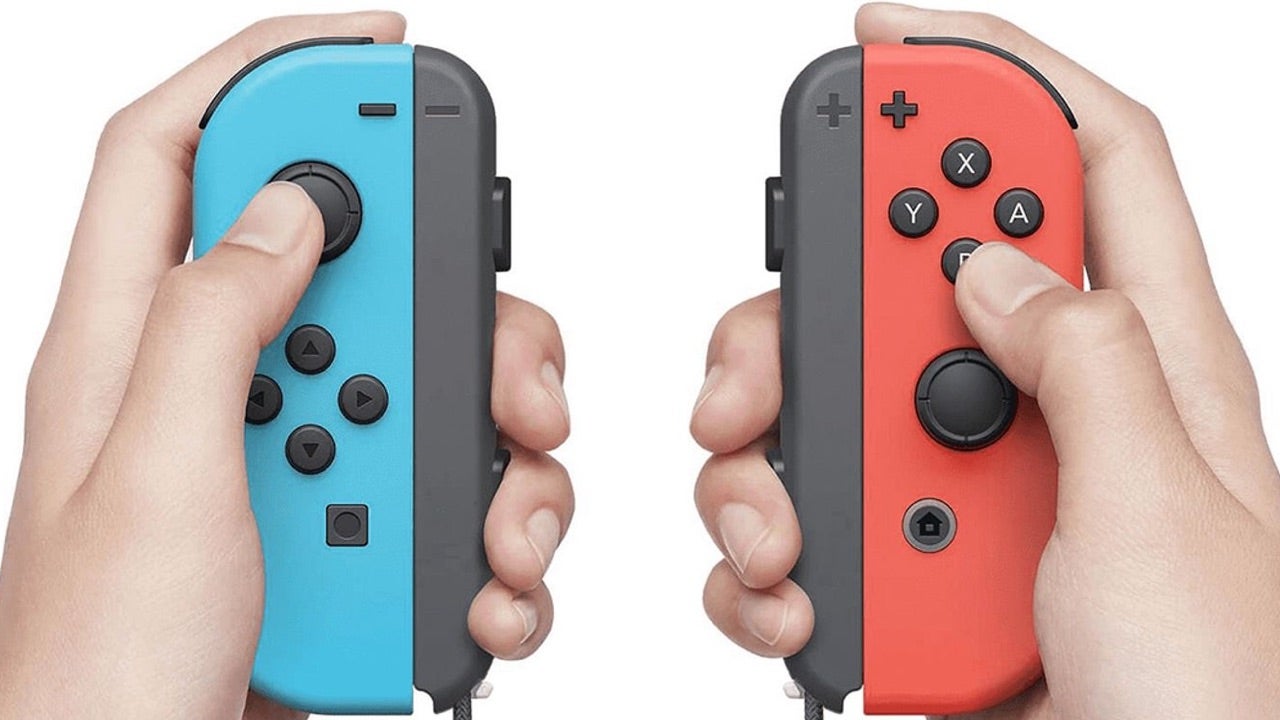Minors did not buy the consoles, so they are not the ones who suffered injury due to unfair competition or false advertising — their parents suffered that injury, if any injury there be. Because the assignment of claims arising under Sections 17200 and 17500 does not confer standing on an uninjured assignee, minors cannot allege standing. See Amalgamated Transit Union, 209 P.3d at 942–43. Similarly, minors do not have standing to pursue claims under the Song-Beverly Act because gifting and assignment of rights do not confer standing to sue. See Dagher, 238 Cal. App. 4th at 926–27. Minors next say they have standing to pursue claims under the CLRA and unjust enrichment based on the ownership and assignment arguments (Br. 10–13). First, as already explained, minors failed to allege ownership of the consoles, so they lack standing under this theory. Second, they also failed to allege valid assignment of rights. The complaint contains a statement, purportedly attributable to parents, that they now "assign" rights to pursue their claims as purchasers to minors (See Proposed Second Am. Compl. ¶¶ 35, 43). These statements of nonparties placed in the complaint are not "clear and positive evidence" of assignment. See Cockerell, 267 P.2d at 21. Because minors failed to allege ownership of the console and assignment of right to sue, they lack standing to pursue the CLRA and unjust enrichment claims.
CONCLUSION
Minors failed to affirmatively demonstrate that the amended complaint corrects deficiencies identified in the September 2022 order, namely, that minors have sufficiently alleged the "constitutional minimum of standing." This order, therefore, finds the amendment futile and subject to dismissal. Accordingly, minors' motion for leave to file second amended complaint is DENIED. Judgment will be entered accordingly.

